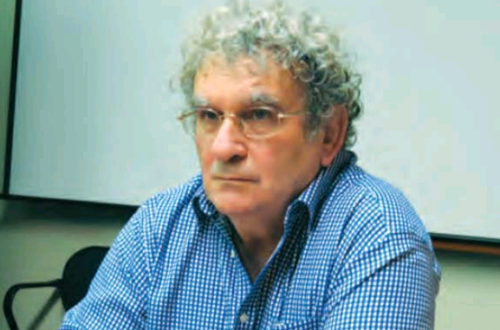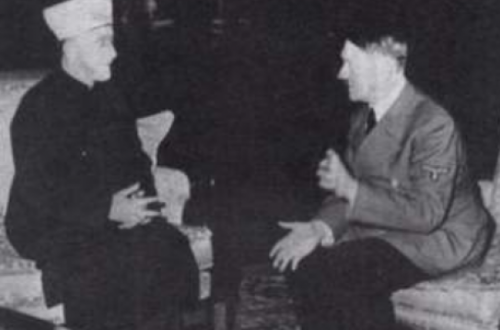As anyone who has attended a civil partnership ceremony can tell (and as an acrimonious divorce procedure between a banker and an actor recently showed), it is every bit the same as a civil marriage ceremony. Sadly Theresa May seems to never have been invited to one, as she boasts in the Times (£) that the Government’s proposal will allow same sex couples to have ceremonies “in register offices, country houses and hotels” — just like we do since the 21 December 2005.
Then of course why not use the same word?
Being in my fifties, I remember well when and how it became very gradually acceptable to “come out” as gay or lesbian to friends, co-workers, and now even perfect strangers, the way straight people do without a thought, flouting their sexual orientation shamelessly in their daily life (although some are still embarrassed to be faced with “it” and see coming out as unnecessary, confrontational attention-seeking). It was an arduous but ultimately rewarding course of seeking self-affirmation while at the same time fearing rejection to dare state the gender of your significant other (and French allows less ambiguity than English for that), if you didn’t want to lie or stay silent. Somehow I feel that “marriage for all” is a way to go back to the time when it was tempting to hide you were gay (think of David Laws) and comfortable for straights to ignore (or not be casually reminded) the different sexual orientation of people they know.
The distinction between opposite sex and same sex couples is a fact of life which has nothing to do with inequality or discrimination. The two institutions of civil marriage and civil partnership can perfectly well be seen as an affirmation of diversity under the umbrella of equality of rights and dignity, to be proud of and to celebrate.
I am relaxed with the advent of a generic institution in the longer term, the way language evolves and expressions which used to have meaning and relevance fall into disuse. In that case I agree with Matthew Parris (£) that it would be best to leave “marriage” to the colloquial or religious and use a different legal expression, like Civil Union, to describe the institution open for both types of couples.
But the semantic is really no big deal: I see no need to rush the change through this Parliament without any consideration for those who haven’t yet assimilated the new consensus. Why not give them a little more time? And they are not only on the “religious nuts” side: I remember very clearly the unease or outright anger in parts of the gay and lesbian community against the normalisation of a minority sexual orientation — some wanted revolution, a radical subversion of the patriarchal heterosexual society of which marriage is the very embodiment. When Peter Thatchell is not denouncing the civil partnership as the second rate civil marriage it is not, or calling for opening it to straight pranksters, he still wants to get rid of the institution altogether, in a libertarian gesture.
The Government’s proposal has nothing to do with principles and everything with party politics. It is one of the few measures the Lib-Dems can claim their own in the Coalition agreement, and they relish smearing Tony Blair by suggesting that civil partnership was a half baked compromise. David Cameron is happy to go along: it doesn’t cost anything, for once, and it helps to further draw a line with the Tories past; he voted in favor of the Civil Partnership Act, but it is Tories who fought hard against it in the Commons and in the Lords less than 10 years ago.
That’s all there is to it, really. This proposal doesn’t need to be eagerly supported just because the Catholic and Anglican Churches are attacking it — as they were denouncing the civil partnership before. “Civil Marriage” won’t be an upgrade from “Civil Partnership”, just an update the way the driving licence can get a new format.
Theresa May is also misleading when she states that “Civil marriages can’t happen inside a church now”: remember William and Kate slipping into the chapel of St Edward the Confessor to sign the register with their witnesses, before greeting the crowd outside Westminster Abbey? She reaffirms the discrimination she purports to abolish and infringes religious freedom in writing “Under our plans no church, mosque, temple, synagogue or other religious premises will be forced to hold gay marriage ceremonies — in fact, they won’t be allowed to even if they want to. Religious marriage between a gay couple will remain illegal.” Better to wait a few more years to remove this discrimination, then, and let churches decide for themselves.


